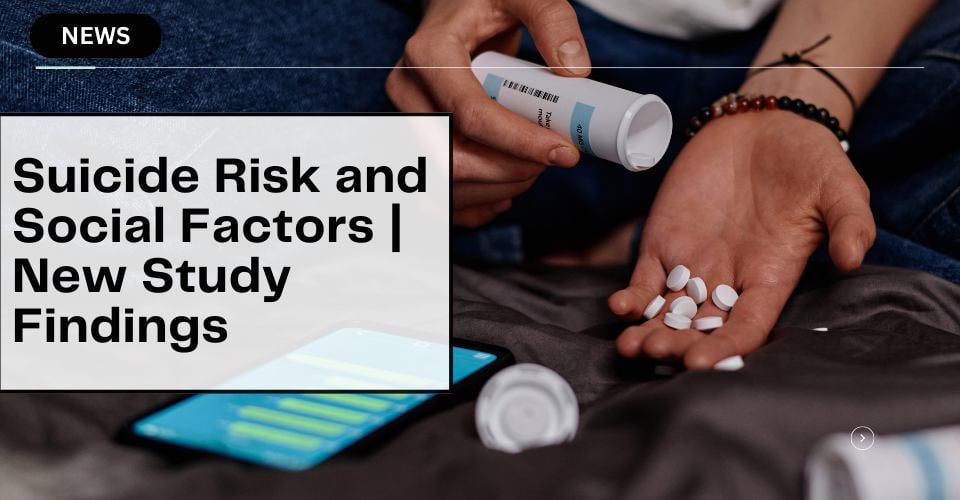A groundbreaking study by Yale School of Medicine and VA Connecticut Healthcare System sheds light on social factors contributing to suicide risks, one of the leading causes of death globally and in the United States.
Published on January 2 in JAMA Psychiatry, the study analyzed 46 meta-analyses of social determinants. It found that justice system involvement, firearm access, unemployment, and experiences like foster care, divorce, or childhood maltreatment significantly increased suicide risks. Additionally, individuals facing sexual assault or identifying as gender and sexual minorities were identified as particularly vulnerable.
Conversely, religious affiliation emerged as a protective factor.
The study emphasizes that social drivers play a more significant role in mental health than traditional medical risks. Dr. Peter Jongho Na, the lead author, noted that while clinical interventions are vital, they often overlook socio-environmental factors, which are critical for prevention.
The U.S. suicide rate has increased by 40% over the past two decades. Among teenagers aged 14-19, suicide is a leading cause of death, with younger teens (14-15 years) being the most affected.
Experts like Dr. Christine Moutier from the American Foundation for Suicide Prevention stress the need for research-driven policies. Suggestions include addressing justice system impacts and implementing gun control measures to reduce access to lethal means.
This study calls for integrating social and environmental insights into prevention strategies, paving the way for more effective policies tailored to those at risk.
By understanding these factors, experts hope to save lives and improve global mental health initiatives.






















Leave a Reply
You must be logged in to post a comment.